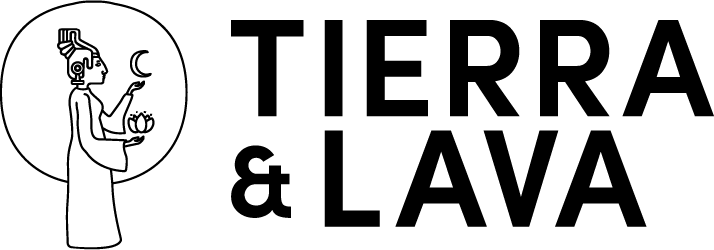Honor the Planet like the Mayans: how to celebrate Earth Day this year
The ancient Mayans lived off the land, and therefore had a great respect for it. Their foundational belief was that everything on the planet had life force - or k’uh - including animals, plants, and inanimate objects. One of the major reasons for their sacrifices of animals, plants, and sometimes humans, was because of the belief it would encourage the fertility of the land and reap good crops.
The world we inhabit today is vastly different from the one ancient Maya lived in, but we can apply similar credo’s of respect for natural life that the Maya employed even in the present-day.
THE TREE(s) OF LIFE
Most of the Mayan gods were centered around forces of nature, so the Maya had a special reverence for their environment. The Yaxche, as the Maya referred to it, was the representation of what is known in vast ancient civilizations as the tree of life. The gods were said to have planted a Ceiba tree on each corner of the world so the branches could hold up the heavens and the roots could reach the underworld. The Maya believed that the world was a combination of the heavens and the underworld linked together by a giant tree, which had its branches in the heavens, and its roots in the underworld.
In Mayan theology, humans were created (through several different trials and errors) by the gods, for the gods. They also believed in and understood the cyclical nature of life and thought that one day the current species of humans would be wiped out by the gods to make way for a better model. It was through these fundamental beliefs that Mayans lived and built their societies from.
The Mayan creation myths are very culturally specific beliefs, however, is it that far-fetched to believe in a “tree of life”? Trees do, after all, supply 28% of our oxygen supply (and marine plants supply roughly 70%). Perhaps this percentage would be higher had we not industrialized and deforested many of our primary forests - The area of primary forest worldwide has decreased by over 80 million hectares since 1990.
“There is a clear link between the health of the Amazon and the health of the planet. The rain forests, which contain 90-140 billion metric tons of carbon, help stabilize local and global climate. Deforestation may release significant amounts of this carbon, which could have catastrophic consequences around the world” (WWF).
Conduct a ‘deforestation detox’
Oftentimes it is hard to not feel helpless when hearing statistics on climate crises, but despite what you may think, you can have a positive individual impact. We all have circles of influence as well, so you never know the domino effect you can have on the world around you.
Certain industries heavily rely on the use of deforested land - beef, soybean, and palm oil are main drivers of deforestation in the Amazon basin. Reducing your meat consumption and buying it from local sustainably farmed sources, or eliminating it altogether can reduce your carbon and deforestation footprint drastically.
Palm oil farming is also a major contributor to deforestation; it is hard not to pick up a product in your local grocery store and not have it in some form on the ingredient list. Palm oil and its derivatives end up in 70% of cosmetic products and is present in the supply chains of some of the biggest names in the $530 billion beauty business, including L'Oréal, Unilever, Procter & Gamble, Avon and Johnson & Johnson.
The beauty industry is a major bad actor in regards to the climate - we could probably write an entire dissertation on it. That is part of the reason why we exist - creating a beauty company not only committed to sustainability, but to cultural preservation, fair trade, and using only plant and mineral-based ingredients. Paying attention to the ingredients that go into your products can make all the difference in regards to your personal sustainability.
OUR Products ARE FREE OF
At the end of the day, we want to carry on the ancient wisdom of the Maya. That is why we work directly with farmers that preserve some of those traditions - read more about it here. But we can also preserve their wisdom by applying some of their beliefs and practices to our own day-to-day existence, such as moving through life with a profound respect and reverence for the natural world. This goes beyond just appreciating nature, but helping to preserve it through our actions large and small.










